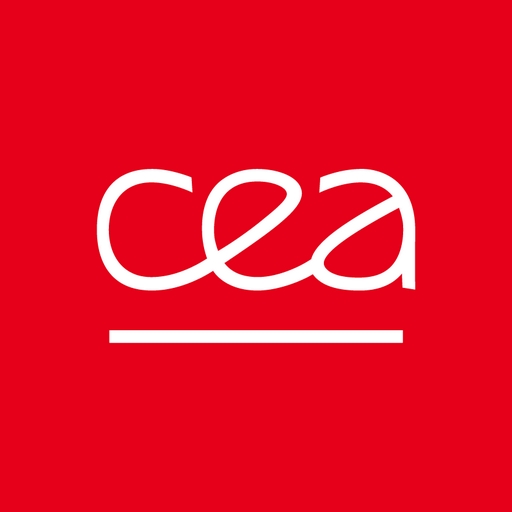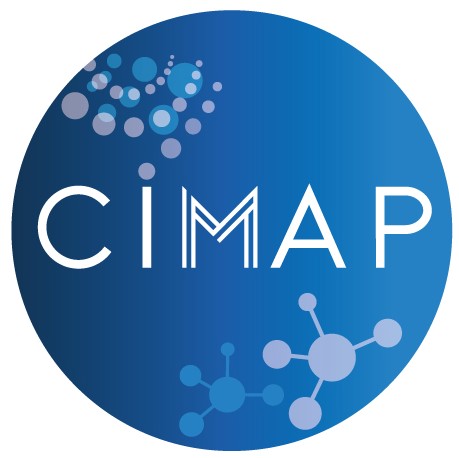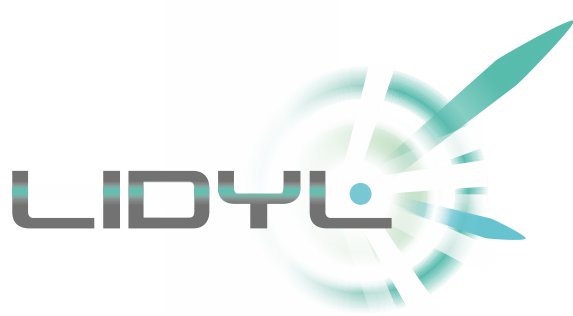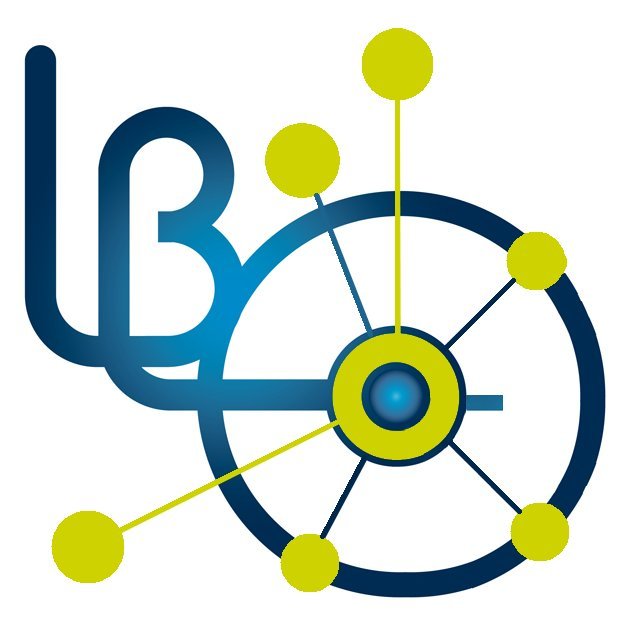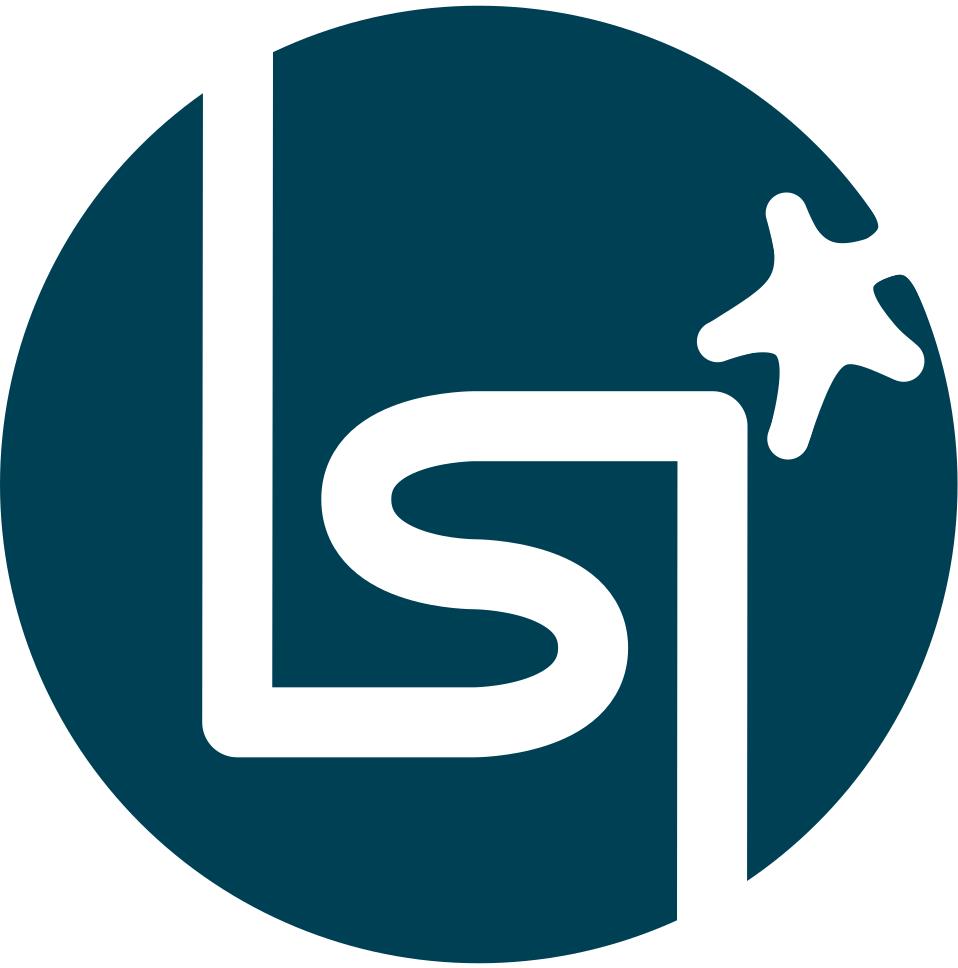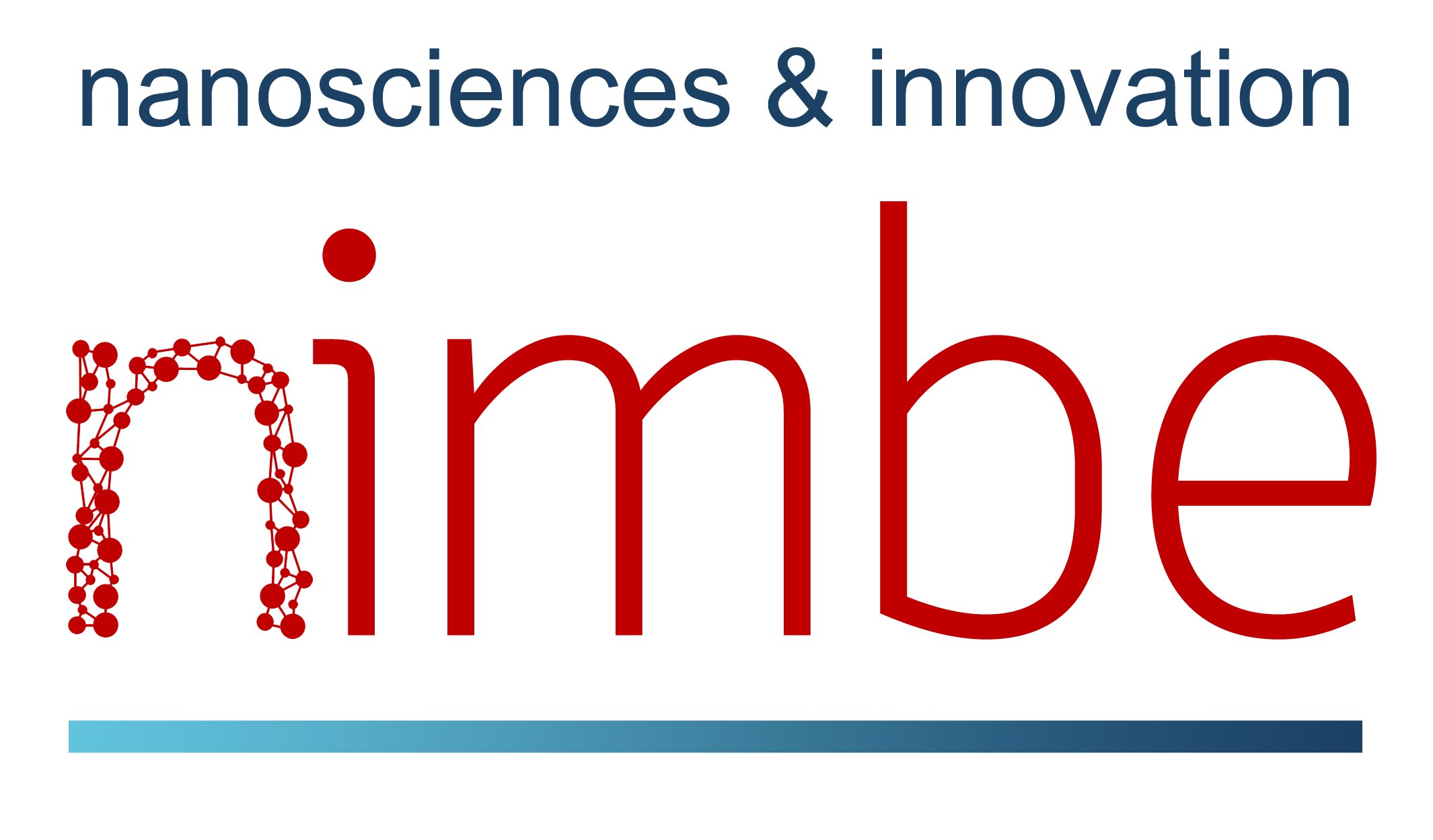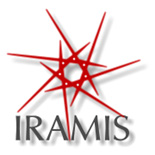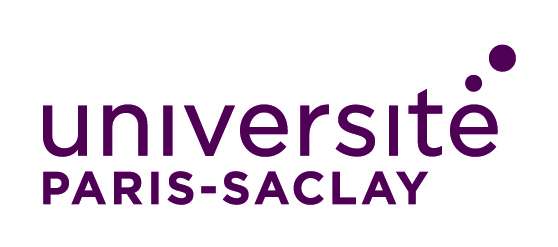In fusion reactors, plasma facing components (PFC), and in particular, the divertor will be irradiated with high fluxes (up to 1023 m-2s-1) of low energy (~ 100 eV) helium and hydrogen ions. Tungsten is one of the leading candidate materials for the divertor. However, the behaviour of Tungsten under high doses of helium exposure remains to be fully determined. Computational materials modeling has been used to investigate the mechanisms controlling microstructural evolution in Tungsten following high dose, high temperature helium exposure.
The aim of this talk is to present a framework to understand and predict defect production and diffusion, clustering and interaction close to the inner surface of the divertor due to high flux, low energy helium irradiation. The framework presented is based on a multi-scale approach: we present a spatially-dependent Cluster Dynamics (CD) model based on reaction-diffusion rate theory to describe the evolution in space and time of helium and its complexes. The processes modeled originate from both Molecular Dynamics (MD) observations at the atomistic scale and experimental results.
The use of cluster dynamics modeling suffers from physical as well as computational challenges: physical challenges due to the large number of physical quantities (diffusion coefficients and binding energies) to determine for each chemical species, and the applied mathematics and computational challenges due to the large number of species that are modeled. The CD model is parameterized using MD simulation results, and a solver was developed to efficiently deal with the large system of non-linear partial differential equations describing the microstructure evolution. The solver uses an algorithm designed to exploit the local structure of the chemical reactions and makes use of parallel computing to both speed-up computations and reduce the memory requirements per processor.
We compare the model with results from molecular dynamics simulations of helium cluster formation and evolution below the surface, results from experiments performed using thermal desorption spectroscopy, and results from experiments under fusion relevant conditions.
Séminaire SRMP - Informations pratiques
Entrée sur le site du CEA de Saclay pour les séminaires SRMP
Afin de pouvoir entrer sur le site du CEA de Saclay veuillez adresser les données personnelles suivantes par courriel à :
(secrétariat) un avis d’entrée vous sera alors délivré :
Nom :
Prénom :
Date et lieu de naissance :
Nationalité :
Nom de l'employeur :
Ces informations doivent être envoyées au mieux deux jours avant la date du séminaire.>
Lors de votre venue vous devez vous présenter avec une carte d'identité ou un passeport en cours de validité. L'entrée sur le site se fait par l'entrée principale ou porte Nord (suivre le lien ci-dessous), un badge vous y sera remis. Demandez à l'accueil le Bât.520, ils vous renseigneront.
Les séminaires se déroulent au Bât. 520, pièce 109 (1er étage).
En cas de problème vous pouvez contacter le secrétariat au : 01 69 08 51 67
Formalities for entering the CEA Saclay site for SRMP seminars
To enter in CEA Saclay you need to send the following personal data to (secretariat):
Informations utiles/Practical informations - Contact:
Informations: Access to the CEA Saclay
Contact:
Last Name :
First Name :
Place and date of birth :
Nationality :
Employer Name :
These informations must be preferably sent at least two days before the seminar date.
When you come you must have a valid ID card or passport with you.
The entrance in CEA Saclay is through the main entrance or north entrance (see link below), a pass will be delivered. Ask at the “accueil” the path for the building 520. SRMP seminars take place in room 109 (first floor).
Any questions/troubles do not hesitate to contact our secretariat: 33 (0)1 01 69 08 51 67.
